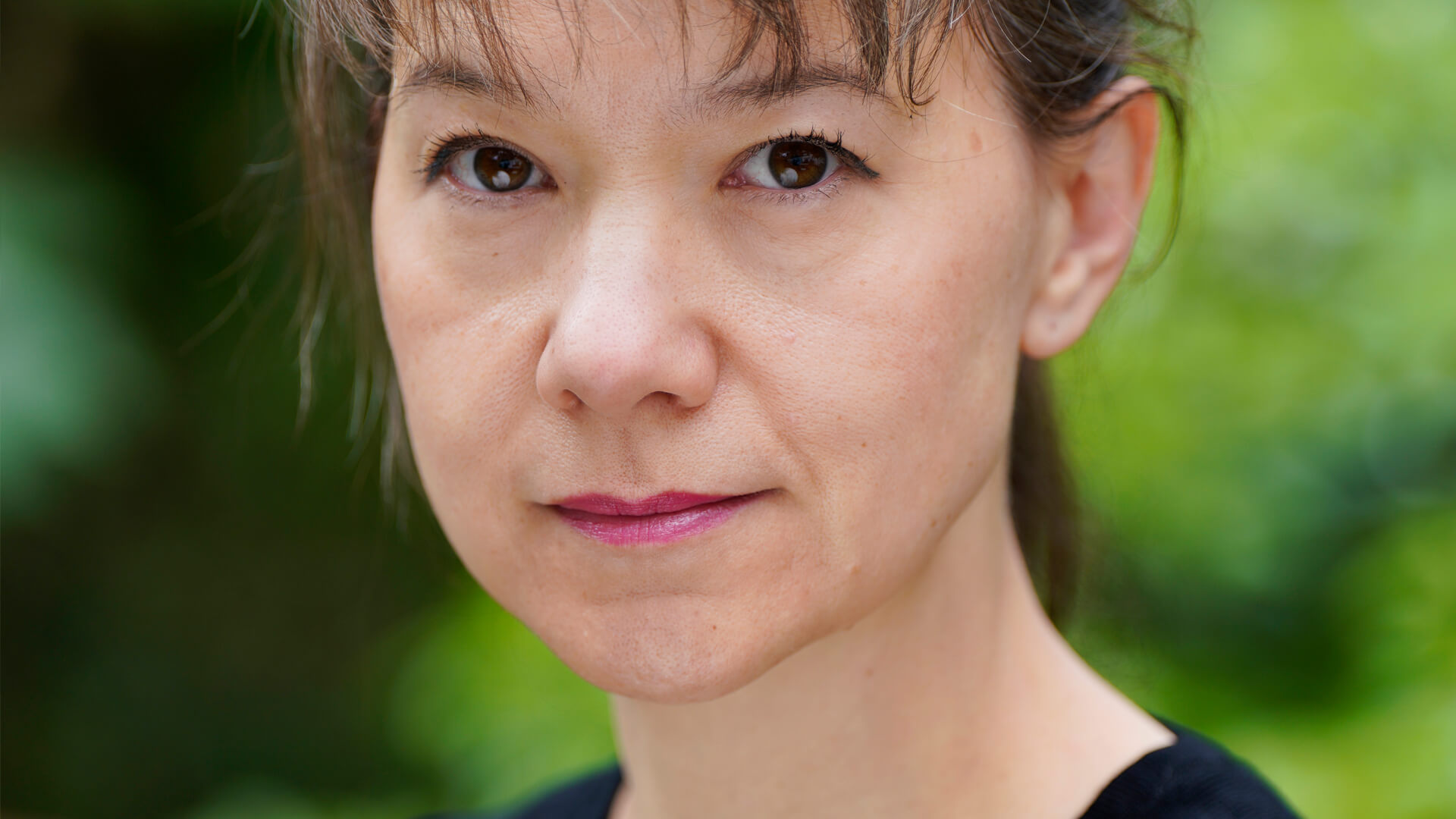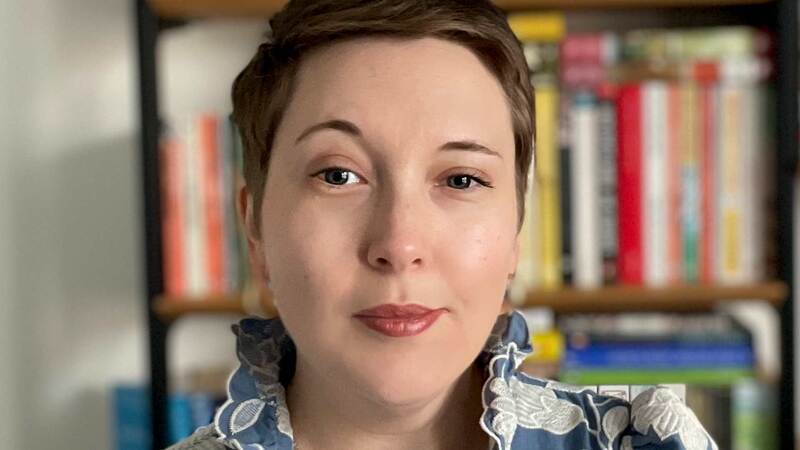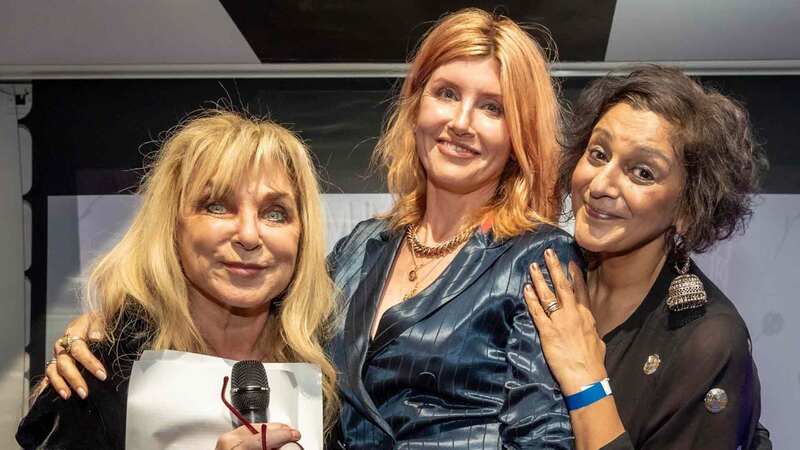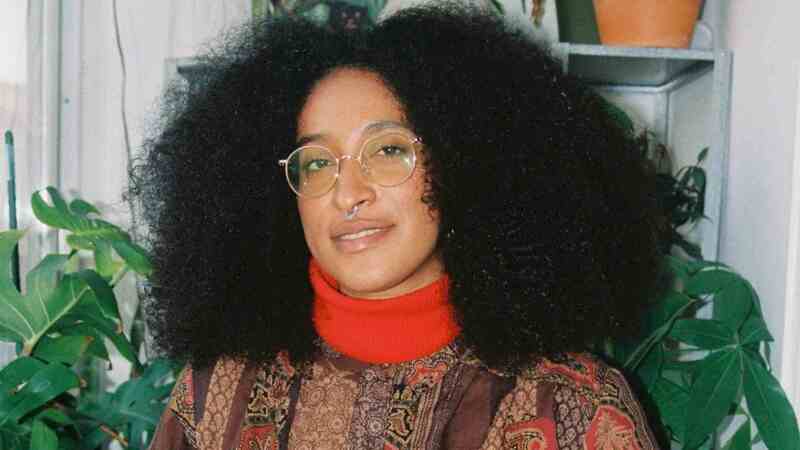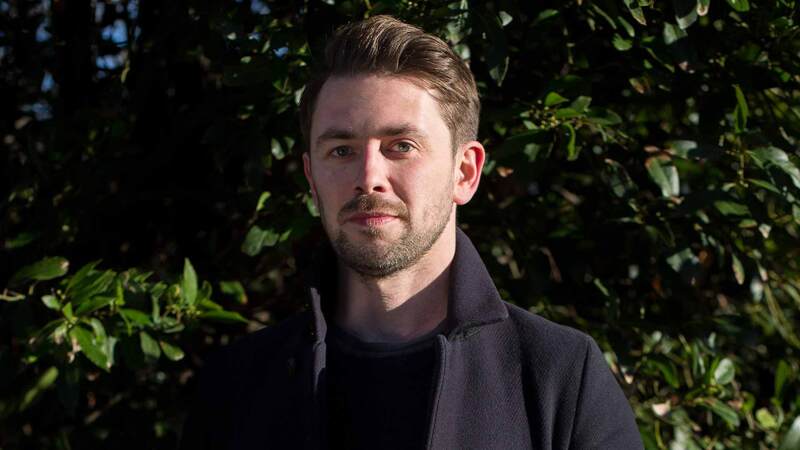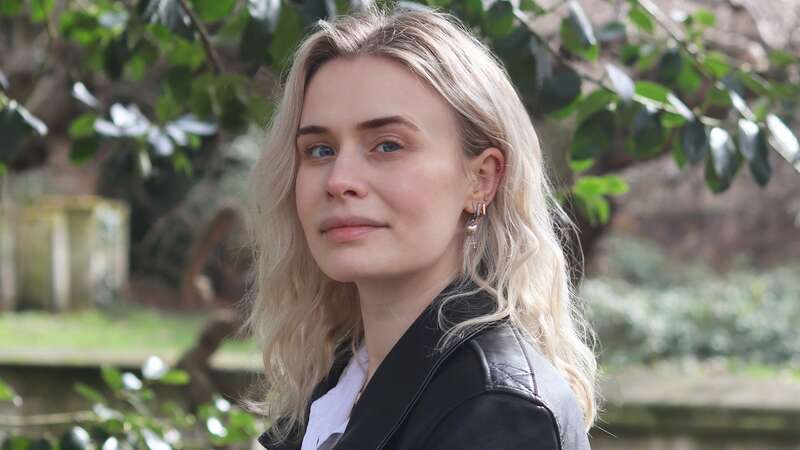You are viewing your 1 free article this month. Login to read more articles.
Debuts make up half of Baillie Gifford shortlist
Debut writers Tania Branigan, Jeremy Eichler and Hannah Barnes are in the running for this year’s Baillie Gifford Prize for Non-Fiction, while independent publisher Swift Press makes its first appearance.
This year’s shortlist for the prize was announced live from an event at Cheltenham Literature Festival.
The prize aims to recognise and reward the best of non-fiction and is open to authors of any nationality. As part of the celebrations marking the prize’s 25th anniversary, it has been decided that as well as the winning author receiving £50,000, the other shortlisted authors will receive £5,000 (up from £1,000), bringing the total prize value up to £75,000.
Judge Arifa Akbar, theatre critic for the Guardian, said it was “an endorsement of brilliant new writers” to see half of this year’s shortlist made up of debuts. She told a press conference ahead of the shortlist unveiling: “What I’m seeing across the arts [...] is that publishers are more than ever being conservative. We’re seeing the rise of celebrity memoirs and big name authorship, we’re seeing an attenuation of exciting, experimental, risky debut work being put out.
“It is such an important moment for Baillie Gifford to have this prize, to be saying of the 265 books on this year’s list, there’s three brilliant new writers. I hope the boldness of this list, of these choices, remind the industry that there’s enormous, extraordinary talent within new writers. Yes, it’s a risk, but look how it pays off.”
Branigan is shortlisted for Red Memory: Living, Remembering and Forgetting China’s Cultural Revolution (Faber & Faber), which explores the enduring impact of the Cultural Revolution on China today through the rarely heard personal stories of the individuals who experienced Mao’s tumultuous era. Eichler’s first book Time’s Echo: The Second World War, The Holocaust, and The Music of Remembrance (Faber & Faber) is also on the list. It looks at the role of music as a witness to history and a means of preserving cultural memory in the post-Holocaust world.
Barnes joins the debuts with Time to Think: The Inside Story of the Collapse of the Tavistock’s Gender Service for Children (Swift Press). Drawing on internal documents, emails, and testimonies, Barnes examines the Gender Identity Development Service (GIDS) in Tavistock, which was originally established to provide therapy for young people questioning their gender and has now referred 1,000 children for puberty-blocking medication.
Chair of judges Frederick Studemann, literary editor of the Financial Times, told a press briefing: “A lot of people are paying more attention to Swift because they are pursuing a particular course and maybe being willing to take on things that others won’t […] this particular book was one of those that struggled to find a publisher, I believe.” He said judges "couldn’t ignore the issues around the book, but it wasn’t something where we thought ‘oh gosh, we better not’ or ‘oh yeah, we’re going to go and do this’. That would be wrong. Ultimately it had to fight the same battle that all the other books had to fight.”
Akbar said the judging panel was "much more contested" than any she has been involved in previously. She told journalists: "I think that is a real sign that the judges are chosen from a wide pool – I was really happy that there was disagreement, and it took so long for us to narrow down to this."
Mr. B: George Balanchine’s Twentieth Century (Granta Books) by Jennifer Homans is also shortlisted. Judges said it “offers a fresh perspective on the 20th century through the extraordinary life of choreographer George Balanchine, who, born in Russia under the last Czar, experienced the upheavals of the First World War, the Russian Revolution, exile, the Second World War, and the Cold War, before becoming the co-founder of the New York Ballet".
Christopher Clarke’s Revolutionary Spring: Fighting for a New World 1848–1849 (Allen Lane) receives a nod for its "vivid portrayal” of “a momentous era of history” marked by the collapse of political order and the spread of new ideas which would shape a new and drastically different Europe.
Studemann told journalists it was "rewarding" to read "surprising" books on seemingly niche areas. Akbar agreed and said she had also noticed an "element of surprise even with familiar territory" such as the Second World War. "There’s a reappraisal going on that’s very relevant to our times. It almost feels like there has been some deep thinking during the pandemic and this is a sort of post-pandemic, very serious reappraisal of what we consider the past and how it impacts us and what it means for us today."
John Valliant’s Fire Weather: A True Story from a Hotter World (Sceptre) completes the shortlist. It delves into the devastating wildfires that struck Fort McMurrary, Alberta, in May 2016 and examines the interconnected narratives of the oil industry and climate science, the immense devastation caused by modern wildfires, and the lasting impacts on the lives of those affected by these disasters.
Studemann said he was “delighted with the range, originality and relevance of this year’s shortlist”. “Alongside works from the frontline of the battle with climate change and institutional failure within the NHS, it includes haunting and inspiring books on the transcendental nature of music and dance, the legacy of the Cultural Revolution as well as the story of one of Europe’s great forgotten revolutions. While each title is distinct and different – some are the result of a lifetime’s work, others the product of courageous and clear-sighted reporting – they are all top class thought-provoking, even surprising, works of literary non-fiction.”
This year’s judging panel was made up of Studemann (chair), Akbar, historian and author Andrea Wulf, the writer and historian Ruth Scurr, journalist and critic Tanjil Rashid and chief executive of the Royal Society of Arts Andrew Haldane.
The winner will be announced on Thursday 16th November at an award ceremony at the Science Museum.
Last year’s winner was Katherine Rundell for Super-Infinite: The Transformations of John Donne.





